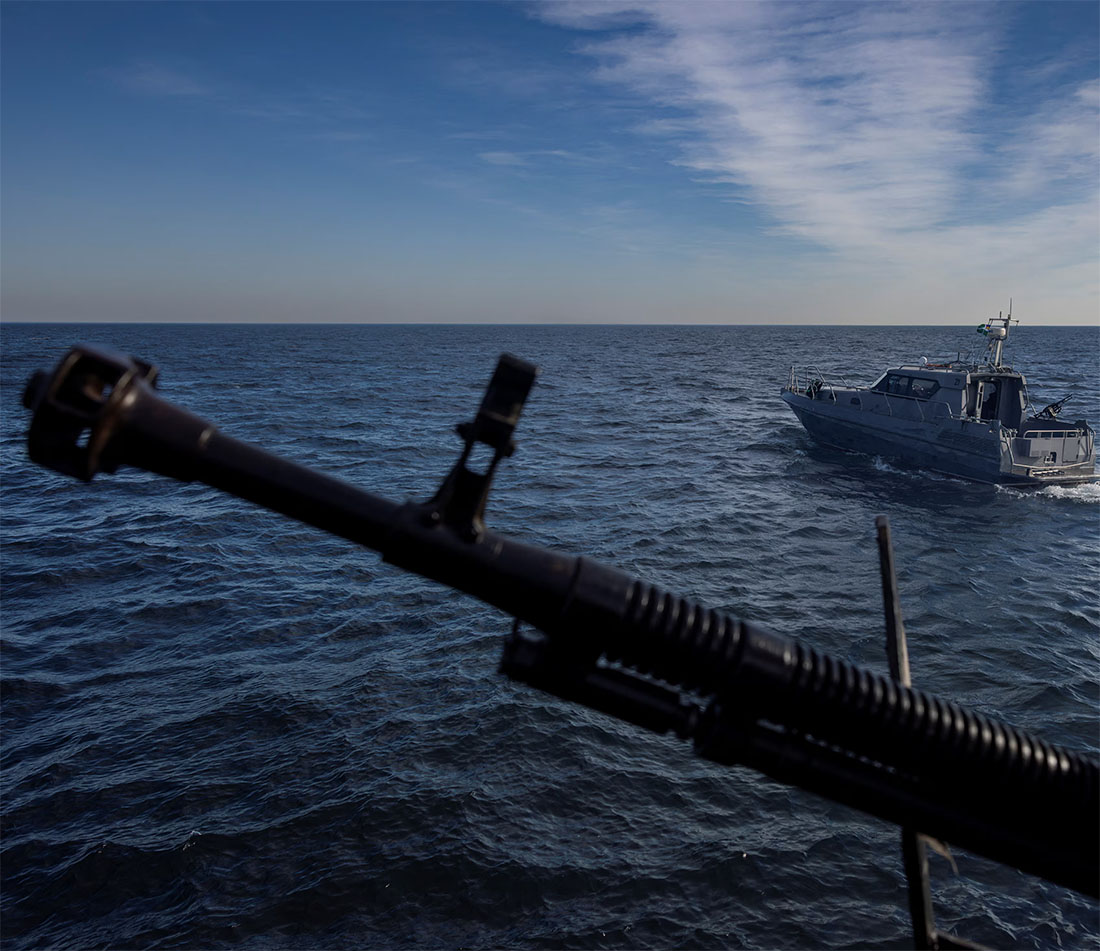Photo Credit: Getty Images
The United States has brokered separate agreements with Russia and Ukraine to ensure safe maritime navigation in the Black Sea and halt mutual attacks on energy infrastructure. If upheld, this development could mark a pivotal step toward broader peace negotiations. However, both nations remain skeptical, with concerns over enforcement and long-term viability.
The conflict, now in its third year, has taken a devastating toll. Since 2022, thousands of lives have been lost, and economic instability has gripped both nations. Russia's initial full-scale invasion sparked widespread condemnation, leading to severe Western sanctions. Ukraine, with backing from NATO allies, mounted a resilient defense, pushing Russian forces back in several regions. However, sporadic missile strikes and counteroffensives have kept tensions high.
Diplomatic efforts have been sporadic and largely unsuccessful. The failed Black Sea Grain Initiative, brokered by the United Nations and Turkey, collapsed in 2023 after Russia withdrew, citing unmet demands. The recent agreement, reached through U.S.-led negotiations in Saudi Arabia, aims to restore some level of stability. Under its terms, Ukraine will halt strikes on Russian energy facilities, while Russia will cease targeting Ukraine's power grid.
Ukrainian President Volodymyr Zelenskyy expressed cautious optimism but demanded strict enforcement. "If the Russians violate this, we have clear evidence, and we will seek immediate sanctions and military support," he stated in Kyiv. Russian Foreign Minister Sergei Lavrov, however, insisted on Washington's direct involvement. "We need firm guarantees. The U.S. must ensure Ukraine's compliance," he remarked.
The maritime agreement is equally significant. Since the war began, Russia's de facto blockade of Ukraine's Black Sea ports threatened global grain supplies. Ukraine, one of the world's top wheat exporters, struggled to maintain shipments. In response, Kyiv intensified naval drone attacks, forcing Russia to retreat from parts of the eastern Black Sea. The new deal aims to prevent further escalations, allowing safe passage for commercial vessels.
Notably, the agreements follow separate phone calls between U.S. President Donald Trump, Russian President Vladimir Putin, and Zelenskyy. Trump has pushed for a swift resolution, shifting Washington's stance from unwavering support for Ukraine to a more balanced approach. His administration has also agreed to ease certain restrictions on Russian agricultural exports, a move criticized by European allies.
Skepticism lingers over the long-term success of these agreements. Putin rejected a proposed 30-day ceasefire, signaling that Moscow remains firm on territorial claims. Meanwhile, Ukraine's allies fear Trump's rapid diplomacy could compromise Kyiv's strategic interests, particularly its NATO aspirations.


